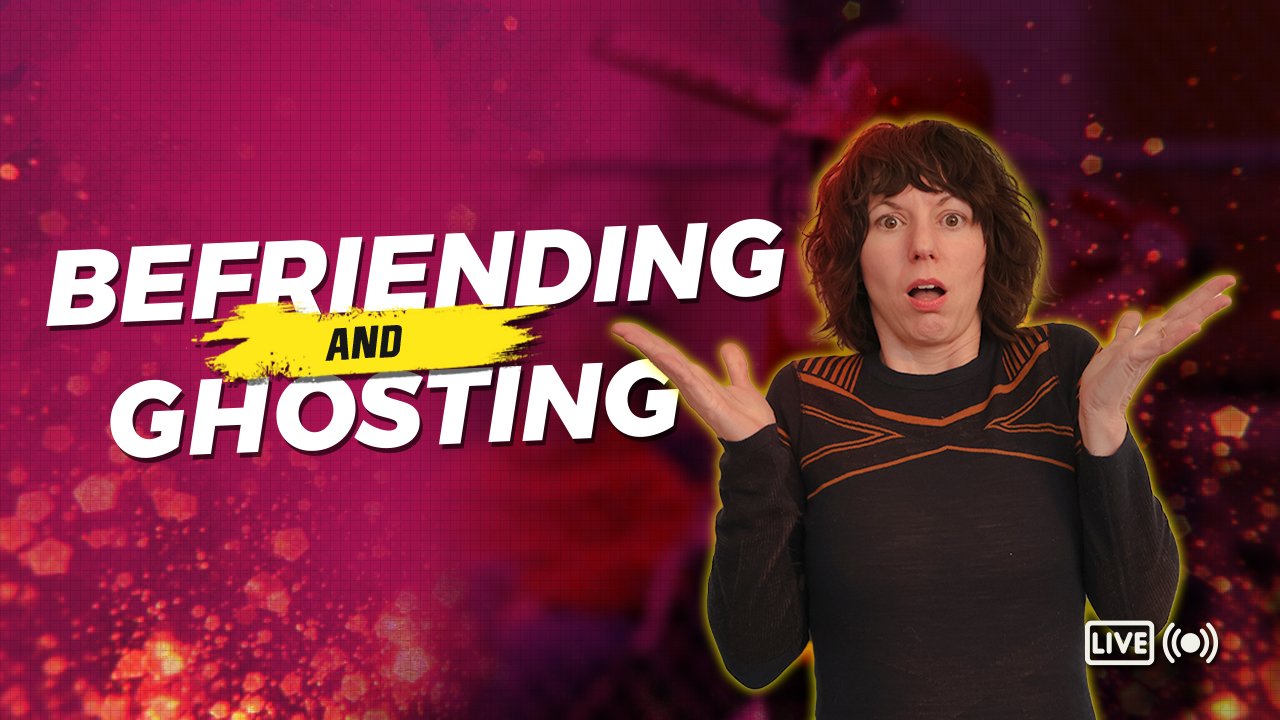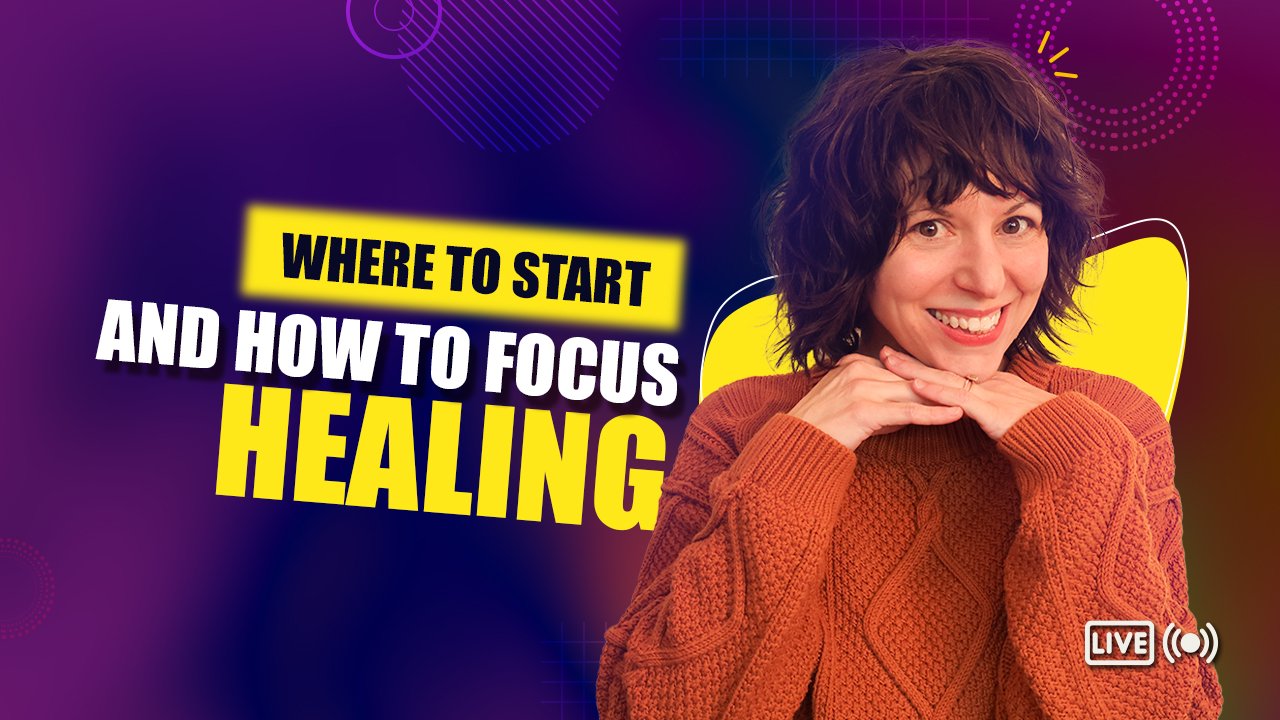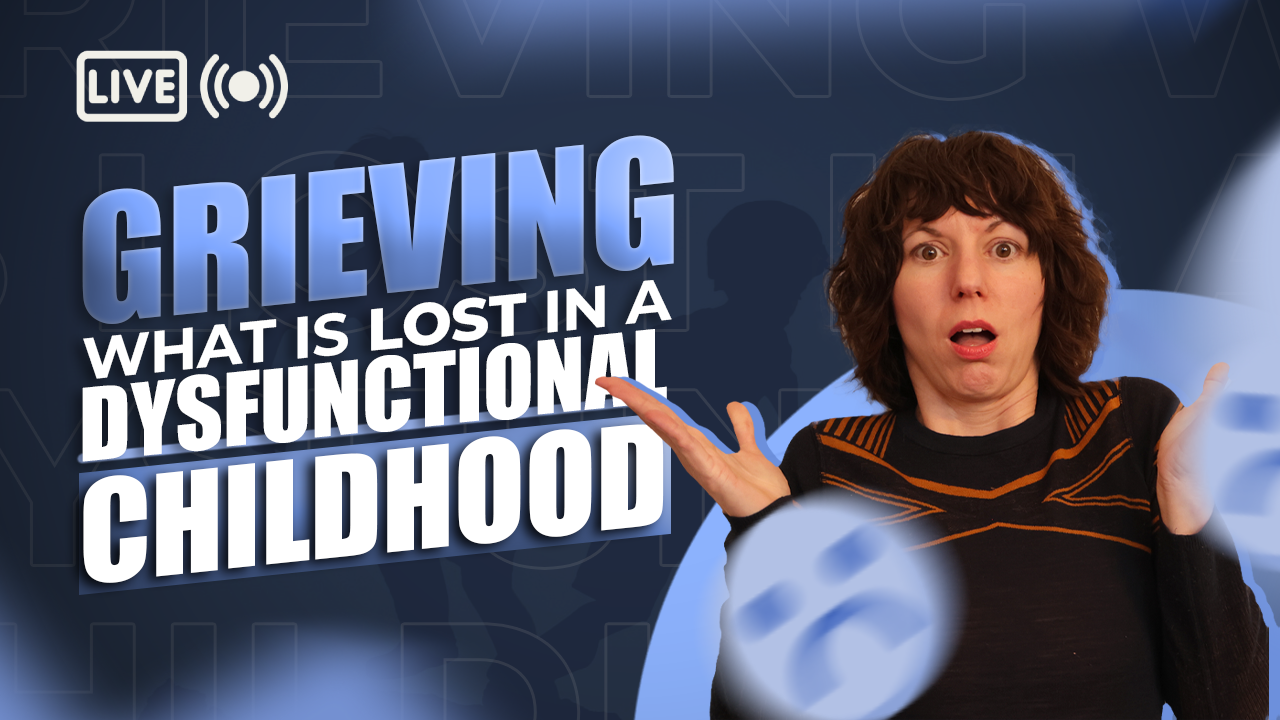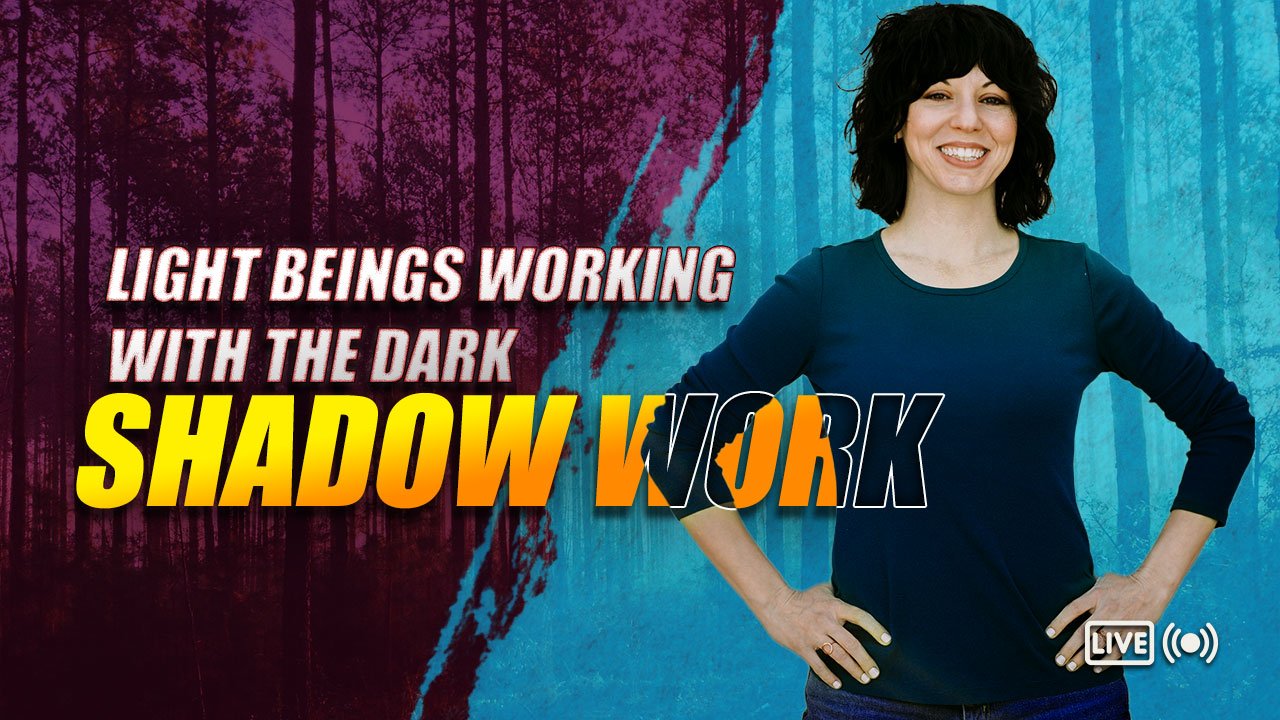Escaping the Cycle of Abuse and Surviving Manipulation: A Personal Story from Nikki - Part 2
I have been in a toxic relationship and felt like I couldn't escape. I couldn't see a way out of the situation. In this week's episode of Emotional Badass, I, Nikki Eisenhauer, a life coach and psychotherapist, am sharing my powerful story of breaking free from manipulation and abuse, Part 2. My story is one of strength and resilience, as I share my journey of learning to trust myself and my intuition, and taking back my power in the face of manipulative and abusive behavior. In this article, I will share the steps I took to break free from manipulation and abuse and reclaim my own worth. If you're struggling with codependency, this article will provide insight and hope that you can start your journey to freedom.
Here are the steps I took to get break free from abuse and heal:
Acknowledge and embrace vulnerability
Listen to intuition and act on it
Seek outside help
Apologize to myself and take responsibility
Acknowledge and honor your pain
Before diving into Part 2 of my story, it is important to first listen to Part 1. My story is a vulnerable one and having the full context will provide a deeper understanding of the events in Part 2. In Part 1, I introduce the main characters of my story, and provide background information on my struggles with codependency, abandonment wounds, and my efforts to navigate a difficult divorce , giving important context and insight into the events that take place in the second half of my story.
1. Acknowledge and embrace vulnerability
In order to break free from manipulation and abuse, it is crucial to acknowledge and embrace vulnerability. This means being aware of our intuitive warnings that tell us when something is not right and taking action to protect ourselves. It's important to not suppress or ignore these warnings and to focus on self-talk, taking responsibility for our actions and acting with self-respect. Additionally, it's okay to have a fear and to take steps to ensure our safety. Lastly, rebuilding trust in ourselves and acknowledging past pain is essential in learning to trust ourselves and identifying unhealthy relationships.
2. Listen to intuition and act on it
It's important to embrace vulnerability and pay attention to our intuition as warning signs. This includes being mindful of our inner self-talk, taking responsibility for our actions, and treating ourselves with respect. It's also important to accept that it is okay to have fear and to take action to protect ourselves. Additionally, rebuilding trust in ourselves and acknowledging past pain can help us trust ourselves more and recognize when relationships are unhealthy.
3. Seek outside help
Seeking outside help is a crucial step in escaping abuse. Whether it be through therapy, counseling, or support groups, reaching out to professionals or other survivors can provide invaluable guidance and support as you navigate the process of breaking free from the abuse. They can provide practical tools to help you stay safe, as well as emotional support as you work through the trauma of the abuse. Additionally, they can also help you develop a support system, which can be crucial for rebuilding your life after abuse. They can also help to educate you about the abuse and its effects, which can help you understand your own feelings and experiences, and validate them. Remember that seeking outside help is not a sign of weakness, but rather a sign of strength and resilience as you take steps to take back control of your life.
4. Apologize to yourself and accept responsibility
This step involves acknowledging and owning up to the ways in which you may have contributed to the situation, such as by ignoring your intuition or not setting healthy boundaries. It also involves forgiving yourself for any past mistakes and committing to making changes in order to better protect yourself in the future. This process can be difficult and emotional, but it is necessary for healing and growth. Taking responsibility for your actions also means acknowledging the pain and trauma caused by the abuse, and working towards healing and moving on from it. This step is important for creating a sense of empowerment and agency, and for building trust in yourself and your ability to make positive changes in your life.
5 Acknowledge and honor your pain
It is essential to acknowledge the trauma and hurt that you have experienced as a result of the abuse, and to give yourself permission to feel the pain associated with it. This process can be difficult and may bring up a lot of emotions, but it is important to remember that you are not alone in your feelings and that it is a natural part of the healing process. Honoring your pain means taking the time to understand the impact of the abuse on your life and to actively work through your feelings. This may involve seeking therapy or counseling, joining a support group, or practicing self-care techniques such as journaling or meditation. By acknowledging and honoring your pain, you can begin to understand the trauma and move forward in your healing journey.
Episode Tags
- ADD 1
- Abuse 14
- Alcohol 3
- Anger 9
- Bullying 5
- Childhood 37
- Codependency 8
- Covid 4
- Crystal Catalina 4
- Depression 15
- Detachment 2
- Disassociation 4
- Emotions 74
- Existentialism 2
- Faith 1
- Family 25
- Fatigue 4
- Focus 3
- Gratitude 11
- Grief 10
- Guilt 2
- Healers 7
- Healing 51
- High Sensation 4
- Hope 1
- Hypervigilance 7
- Introverts 6
- Lonliness 7
- Love 3
- Manifesting 5
- Manipulation 19
- Men 1
- Mindfulness 38
- Money 10
- Music 3
- Nutrition 2
- Overthinking 8
- PTSD 11
- Parenting 12
- People Pleasing 7
- Perfectionism 6
- Pets 4
- Relationships 13
- Resiliency 12
- Sadness 1
- Self Esteem 16
- Self Love 11
- Self Respect 1
- Self-Care 24
- Sex 1
Upcoming Events
Episode Tags
- ADD 1
- Abuse 14
- Alcohol 3
- Anger 9
- Bullying 5
- Childhood 37
- Codependency 8
- Covid 4
- Crystal Catalina 4
- Depression 15
- Detachment 2
- Disassociation 4
- Emotions 74
- Existentialism 2
- Faith 1
- Family 25
- Fatigue 4
- Focus 3
- Gratitude 11
- Grief 10
- Guilt 2
- Healers 7
- Healing 51
- High Sensation 4
- Hope 1
- Hypervigilance 7
- Introverts 6
- Lonliness 7
- Love 3
- Manifesting 5
- Manipulation 19
- Men 1
- Mindfulness 38
- Money 10
- Music 3
- Nutrition 2
- Overthinking 8
- PTSD 11
- Parenting 12
- People Pleasing 7
- Perfectionism 6
- Pets 4
- Relationships 13
- Resiliency 12
- Sadness 1
- Self Esteem 16
- Self Love 11
- Self Respect 1
- Self-Care 24
- Sex 1
























